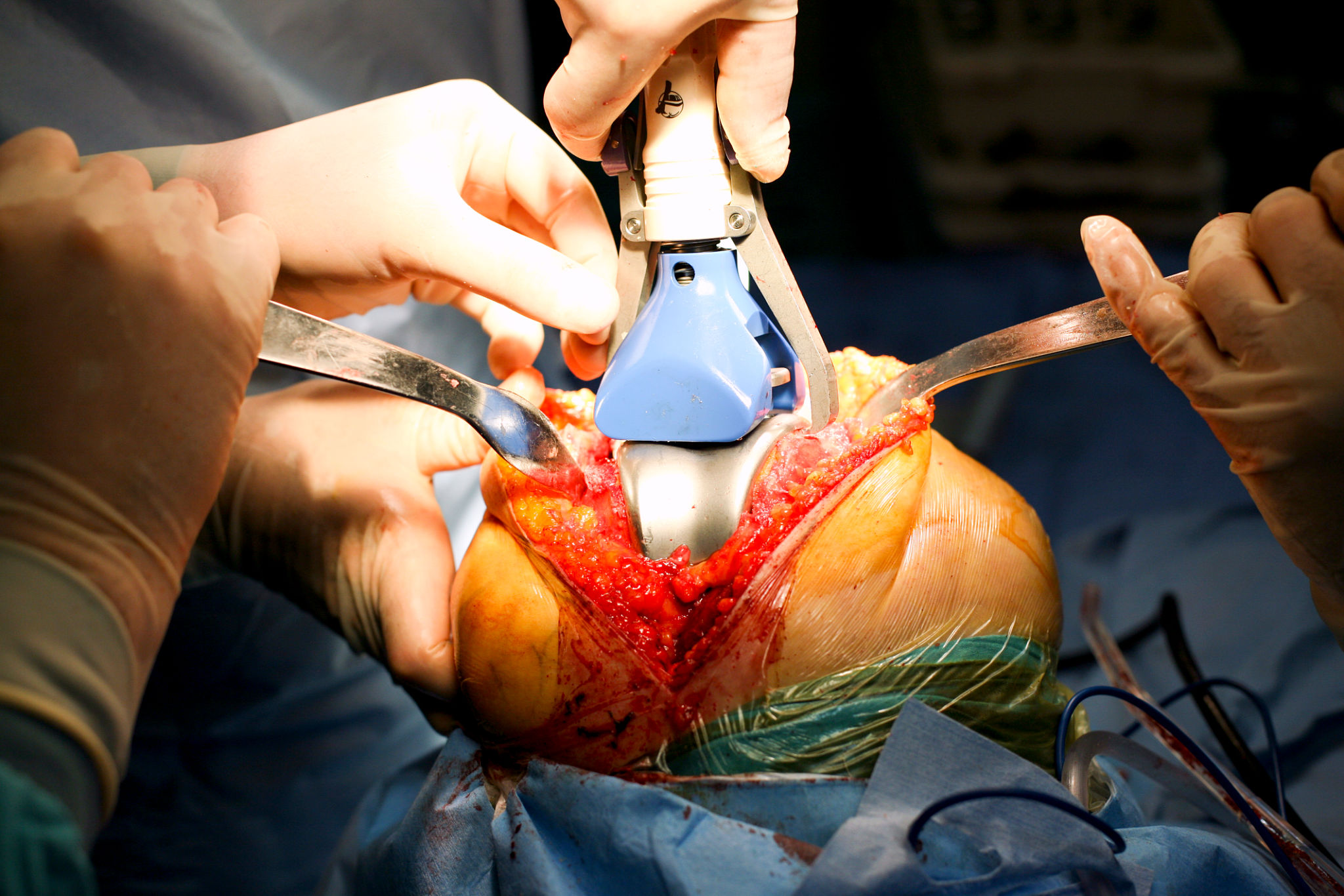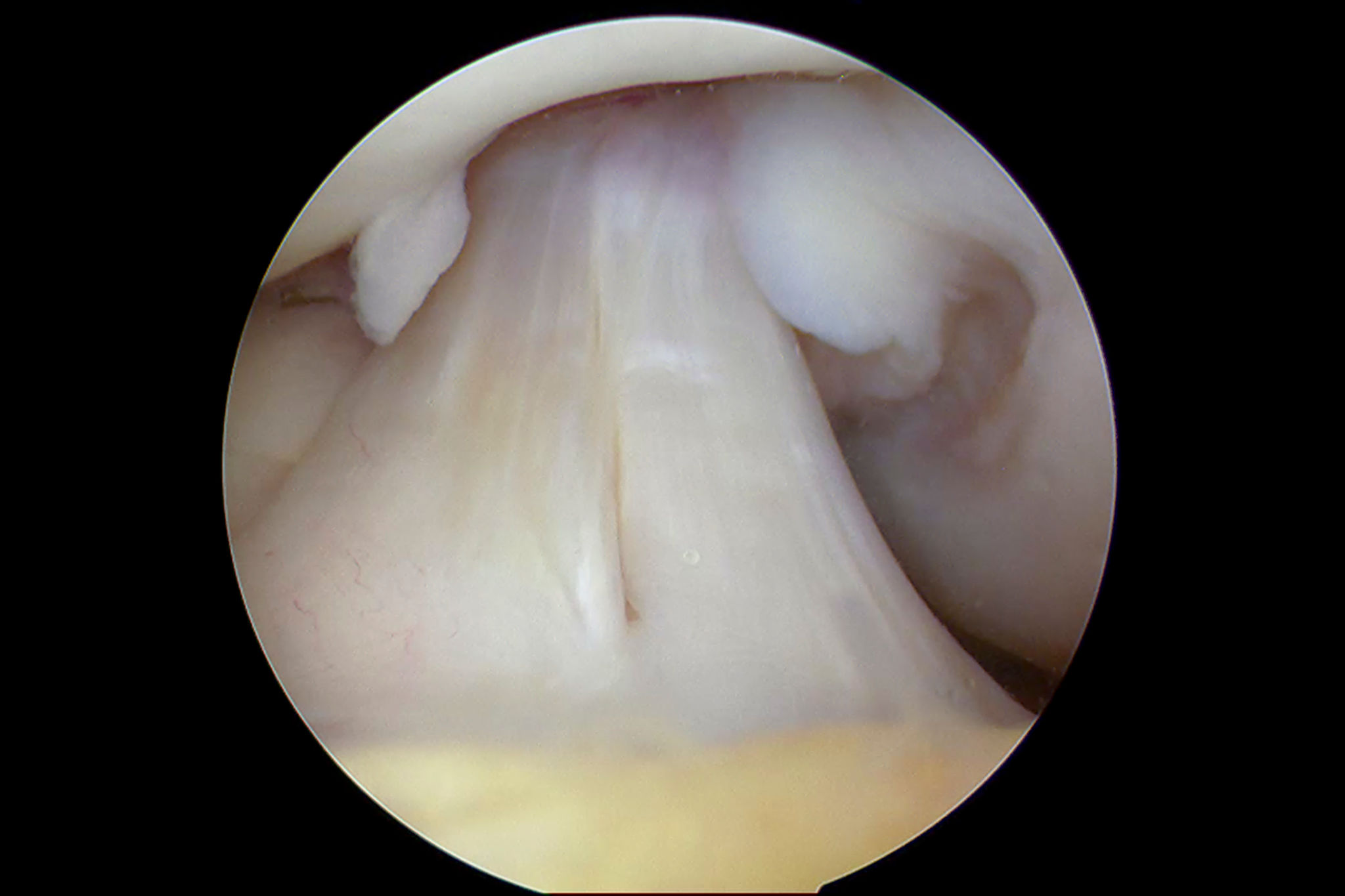Expert Advice on Bone Grafts: What to Expect and How to Prepare
Understanding Bone Grafts
Bone grafting is a common procedure in dental and orthopedic care, designed to repair or rebuild bones through the transplantation of bone tissue. This procedure is often necessary when a patient lacks sufficient bone mass, which can be due to various reasons such as injury, disease, or congenital conditions. Understanding what to expect from a bone graft can help alleviate concerns and ensure a smoother recovery process.

Why Bone Grafts Are Necessary
Bone grafts are essential in providing a strong foundation for implants or to promote the healing of fractured bones. In dental care, for instance, bone grafting is often used to prepare the jawbone for dental implants. Similarly, in orthopedic cases, bone grafts may be required to stabilize and heal bone fractures or defects.
The procedure's success largely depends on the body’s ability to regenerate new bone tissue and integrate it with the existing bone. This biological process is crucial for restoring function and strength to the affected area.
Types of Bone Grafts
There are several types of bone grafts, each with unique properties and benefits. They include:
- Autografts: These involve using bone from the patient's own body, often from the hip or ribs.
- Allografts: These use donor bone from a bone bank.
- Xenografts: These involve using bone from animals, typically cows.
- Alloplastic grafts: These are synthetic options that mimic the properties of natural bone.

Preparing for a Bone Graft
Preparation is key to a successful bone graft procedure. Before undergoing surgery, your healthcare provider will conduct a thorough assessment, which may include imaging tests like X-rays or CT scans. These tests help determine the extent of the bone loss and plan the surgical approach.
Patients are usually advised to avoid certain medications that can affect blood clotting, such as aspirin or NSAIDs, prior to the procedure. Additionally, maintaining good oral hygiene in dental cases is crucial for reducing the risk of infection.
What to Expect During the Procedure
Bone grafting is typically performed under local or general anesthesia, depending on the complexity of the case. The surgeon will make an incision at the site where the graft is needed and then place the graft material. This material acts as a scaffold, encouraging new bone growth over time.

The duration of the surgery can vary based on the procedure's complexity and the graft type used. After surgery, patients are usually required to rest and limit physical activity to promote healing.
Recovery and Aftercare
The recovery period for a bone graft can range from several weeks to months, depending on the individual case and the type of graft used. During this time, it's essential to follow all post-operative instructions provided by your healthcare provider. This typically includes pain management, dietary adjustments, and avoiding strenuous activities.
Regular follow-up appointments are crucial to monitor healing and ensure no complications arise. In dental cases, maintaining proper oral hygiene is vital to prevent infection and ensure successful integration of the graft.
Potential Risks and Complications
As with any surgical procedure, there are potential risks associated with bone grafts, including infection, rejection of the graft material, or issues with healing. However, these risks are relatively low when performed by a skilled professional.

Patients should report any unusual symptoms or discomfort to their healthcare provider promptly. Early intervention can address minor issues before they become significant complications.
The Importance of Expert Care
Choosing an experienced surgeon for your bone graft procedure is crucial for minimizing risks and ensuring optimal outcomes. An expert will provide personalized care tailored to your specific needs and offer guidance throughout the recovery process.
By understanding what to expect and how to prepare for a bone graft, patients can approach their procedure with confidence and peace of mind. Comprehensive care and expert advice are invaluable in achieving successful results.
